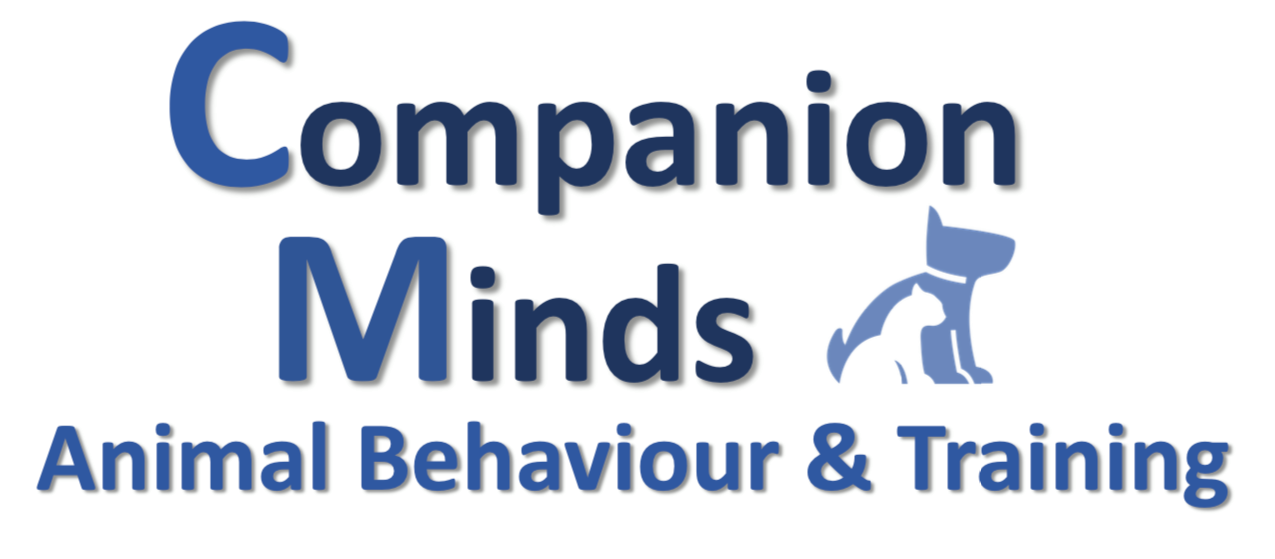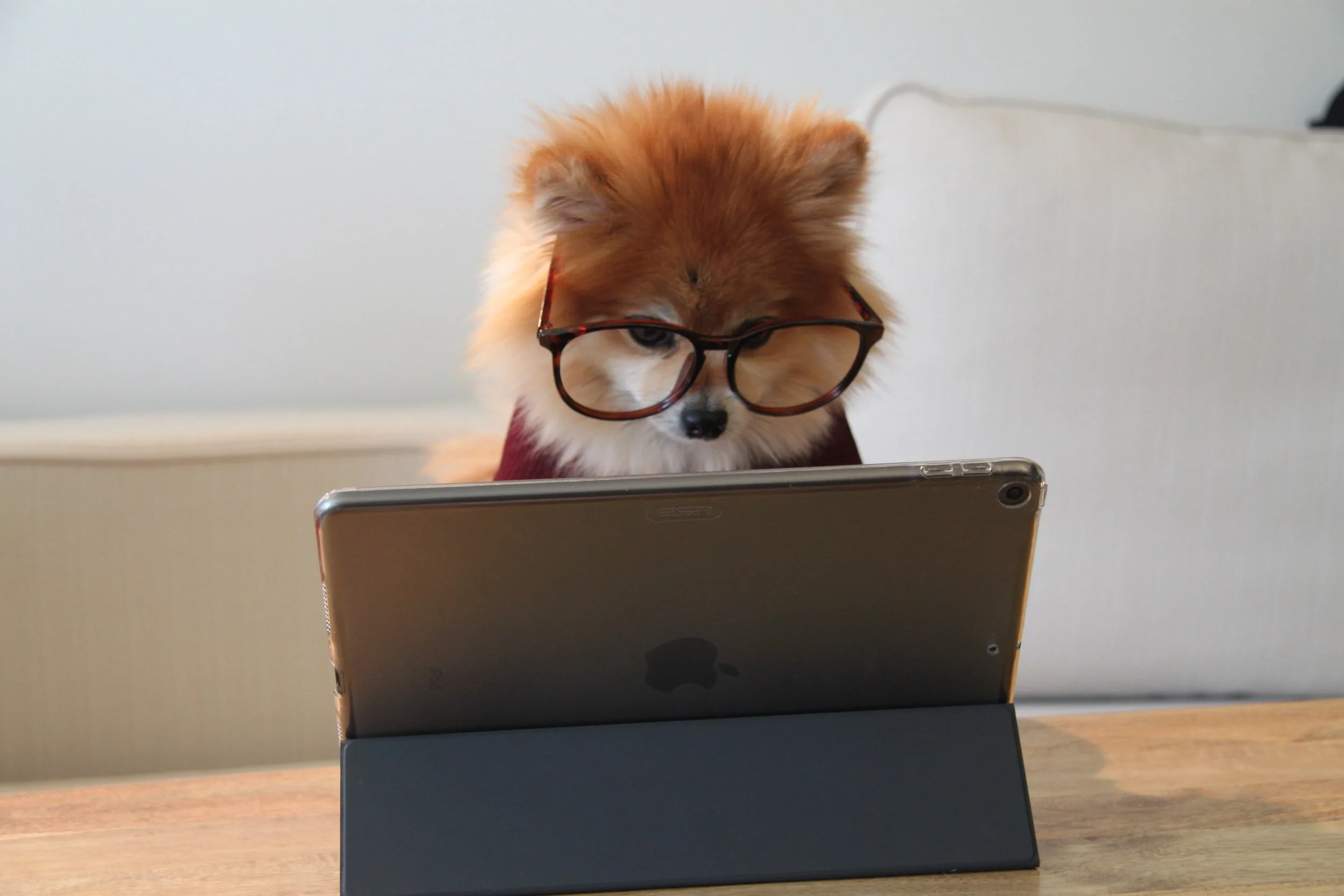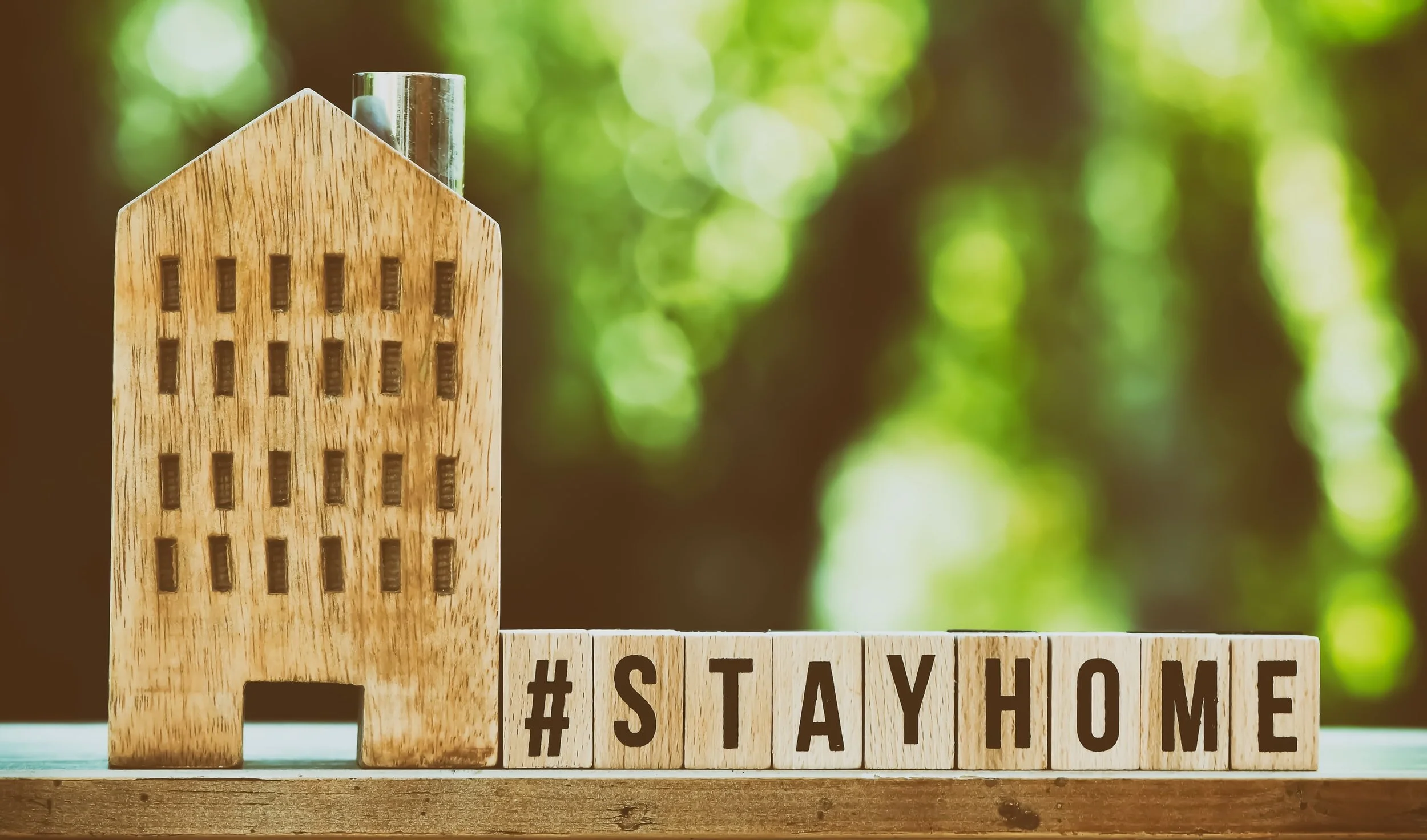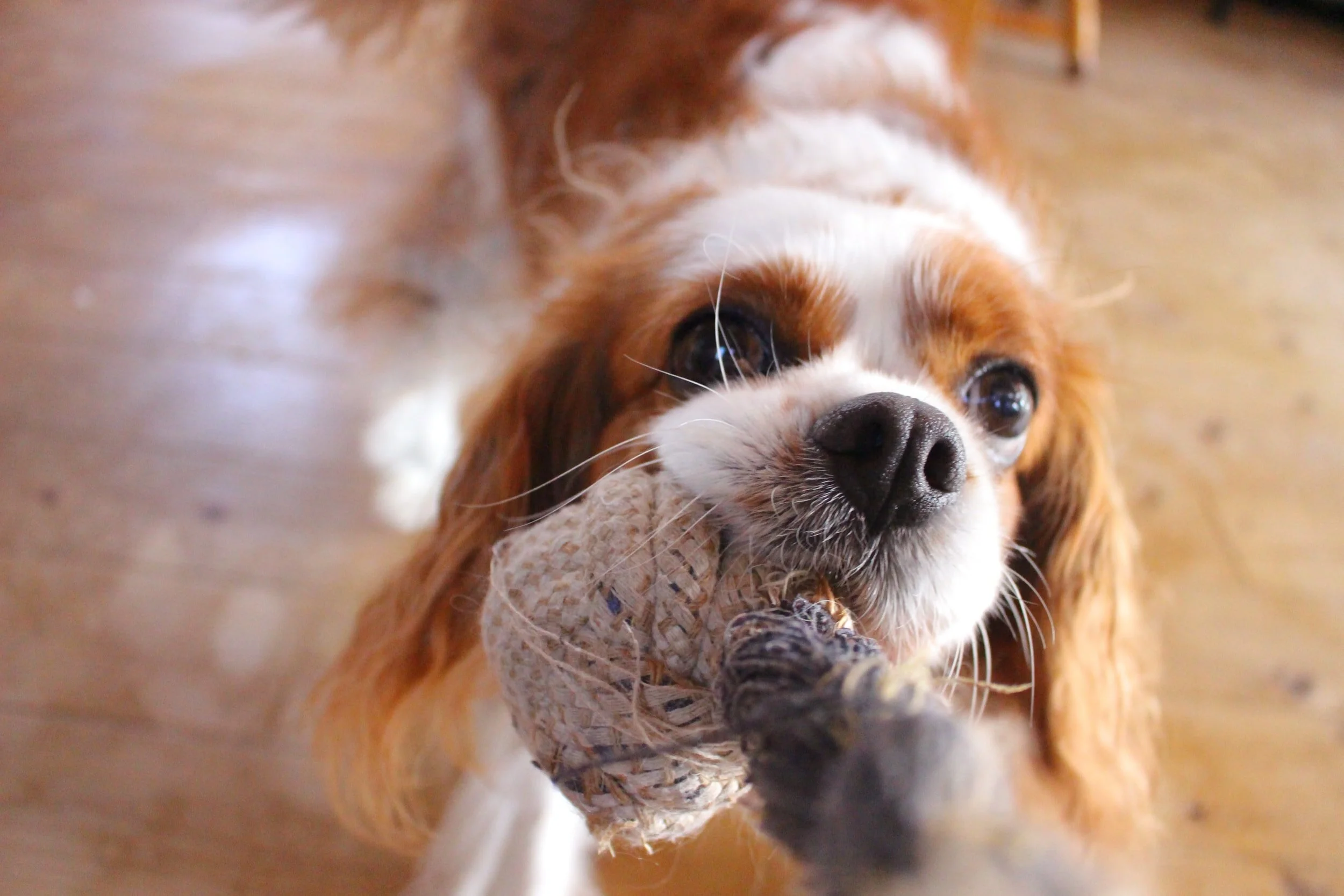Online dog training…? I wanted an in person service…
Over the last year we’ve been challenged as an industry to adapt our services to ensure that out clients- both adult dogs requiring behavioural assessment to puppies and their families needing him help with puppy training- get the support that they need when they need it- and that’s NOW! We know that in person services are usually preferred by our clients, but remote services can be just as effective as seeing us in person!
Online platforms such as Zoom, MS teams, Skype, and plenty of others, have meant we can connect with people visually from all over the country AND provide a brilliant service. We’ve conducted behavioural consultations on aggressive behaviour & chasing traffic for example, plenty of puppy 1-1s helping owners with biting, house training, basic cues, and thorough discussions on socialisation, and have run both puppy and adolescent dog training classes online too!
It’s not as straight forward as in person for you. You the client have to make sure your set up is in the right position, that you can hear and see us properly, and have enough space to practice the exercises we are working on. It’s also reliant on a good wi-fi connection.
BUT with these aspects aside, online training CAN and DOES work brilliantly. And not just in order to keep us people safe and warm (!).
Remember, our job is to teach YOU how to teach your dog, not the dog.
Remote training means:
Your dog or puppy is warm and comfortable at home, meaning they’re more likely to engage with you.
They are less distracted- by the dog or puppy sat across the hall from them, meaning they can focus on the task being asked of them.
They can take a genuine break more easily.
Nervous puppies or dogs are not asked to have to cope with a new environment or person along with learning something new.
Confident/Excitable puppies are not distracted by us observing and coaching them/their owner.
Skills are learnt more solidly before adding in distractions, meaning your dog is more likely to being able to do what’s asked when distractions are added.
most importantly for puppies and behavioural consultations there is no delay in getting help or input.
Lockdown after lockdown, shielding, and self isolation all mean that access to face to face training is either strongly advised against, or in opposition to guidance given to specific people. Government advice of ‘stay at home’ means just that- with exemptions for those sectors that cannot feasibly work at home. As trainers and behaviourists, we can work from home for the majority- and therefore should in the spirit of a lockdown. The recent guidelines suggest we can do 1-1 outdoor training where this is absolutely necessary for the dog’s welfare- therefore we may be able to offer those dogs who we feel will be at huge detriment at not seeing us in person, but in the main, we will be sticking to online sessions.
Because these lockdown scenarios are generally temporary, or at least deemed to be ‘only a few weeks’, there’s a huge temptation to simply wait until you can see a trainer face to face. However living with a problem behaviour, or not having professional input for your puppy for a ‘few weeks’ can be really detrimental, and means that you’re even further away from achieving your goals- because your dog/puppy has continued to practice the behaviour you want help with for a ‘few more weeks’.
Remember, a ‘few weeks’ for your puppy is actually a very large proportion of their life to date!
Have all that input, advice, and training methods put in place without those pesky distractions, get a great foundation and brilliant relationship with your animal in place, ready for when you want to apply it into the big wide world again. No, you can’t take your puppy to a cafe at the moment and practice settling nicely- but you wouldn’t want to do that whilst they’re learning how to settle anyway- you can get the input on how to teach settling nicely from a professional now, practice lots at home/in the garden, and then as restrictions are lifted, your puppy will be ready to have those distractions added in because of all the foundation work you’ve put in!
Our online classes cover 95% of what we’d cover in in person classes- we can’t practice meet and greets, nor our very short off lead play time in week 3, but we can cover lots of other aspects of building confidence with ‘stuff’- such as novel items, noises, and talk through the how to’s of socialisation.
Socialisation is so much more than attending an in person class, it’s a very small aspect of what those classes are about. Getting your puppy out and about and simply watching people, dogs, livestock, traffic, ‘new stuff’, and everything else, from a distance, IS socialisation. So don’t panic about socialisation.
Do ensure you and your puppy is up to speed and is learning with professional input from the start- and not when they’re 6 months old, with changed priorities, and left with a whole lot of learning still to do.




